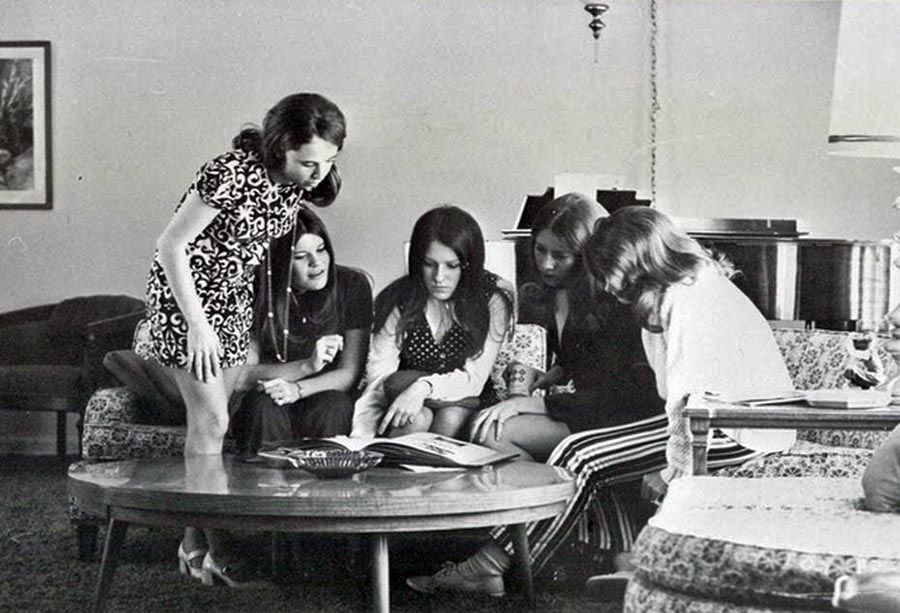Here's how to make them better according to the experts.
6 quotes from books that were written to help organizers make meetings and events more effective, actionable, and interesting to participants.
We're spending more time than ever in meetings, and most of them are passive online experiences now. How can we prevent meeting burnout and feel every event we attend is valuable?
Here are six quotes from the experts that answer exactly this.
Intentional Event Design by Tahira Endean
"An effective event will deliver a worthwhile behavior change through participant driven action." Tahira EndeanIntentional Event Design
Tahira says that event organizers must empathize with their audience and create experiences that leave attendees with knowledge that will change their behavior in a meaningful way after the event is over.
It's the lasting affects of an event on a participant's psyche that's most important.
Special Events for Less by Katie Herritage
"If one of the goals of your event is to generate money, then strategic budget management will increase your profit margins and demonstrate ... commitment to the event and the cause." Katie HerritageSpecial Events for Less
Katie drives home the point that spending for the sake of itself isn't worthwhile. Sure, you might be able to up the production level, or provide attendees with something that is perceived as cool or interesting.
But does it align with attendees goals? If it doesn't, it probably isn't worth doing.
Into the Heart of Meetings by Eric de Groot
"A meeting is a kind of temporary ecosystem, with an enourmous number of variables that influence and determine what actually happens there." Eric de GrootInto the Heart of Meetings
Eric says that meetings are a framework that naturally evolve with actual participation. He gets us thinking about the mind and body in the meeting space too.
With so many virtual meetings now, how can we maximize participation and mirror the face-to-face experience? At physical meetings (when we have them) how can we maxmimize opportunity for the mind and body to function together to create unique connections?
THRIVE: The Facilitator’s Guide to Radically Inclusive Meetings by Mark Smutny
"Reaching the goal, building community, and including everyone helps the group thrive. With these basic skills, you've got a team, and you're well on your way to a good meeting." Mark SmutnyTHRIVE: The Facilitator’s Guide to Radically Inclusive Meetings
Mark says that meeting outcomes are perhaps more important than the meeting itself. But to have good outcomes you need first create an environment in which a goal-oriented community can thrive.
Starting with an agenda and having clearly defined rules that consider everyone are good places to start.
Conferences that Work by Adrian Segar
"Think of a peer conference as a process, not an event—the how of a peer conference generates the what. Out of the process comes relevant learning, meaningful connections and interactions, and, sometimes, the creation or strengthening of a community." Adrian SegarConferences that Work
Adrian says that traditional conferences put too much pressure on so-called subject matter experts. In what he calls peer conferences, it is the participant that is the expert.
He says conferences that position partipants as professional experts (because they are) and facilitate conversation work better.
The Non-Obvious Guide To Event Planning by Andrea Driessen
"Begin with the end in mind in order to clarify the shifts you want your audience to achieve." Andrea DriessenThe Non-Obvious Guide To Event Planning
Andrea says meeting organizers must be very specific about the outcomes they want their events to achieve. This helps them define their audience and help that audience achieve whatever it is they consider success.
Having your audience be motivated or inspired is not enough. What exactly do you want them to leave and do when they return to the office?
Meetings Suck by Cameron Herold
"It's up to each attendee to know how to spend his or her time, how to give value, and how to leave the meeting feeling it was worthwhile." Cameron HeroldMeetings Suck
Cameron says that it's up to attendees to make the most of the meetings they attend. It's the organizers job, however, to give attendees a clear agenda so they can make informed decisions on what to attend and what to skip.
With proper planning, attendees can achieve value from every meeting.
— Mike Doane
P.S. Don't walk away empty-handed
Above the Fold is a newsletter about the power of marketing. Every week I send stories just like these straight to your inbox.




